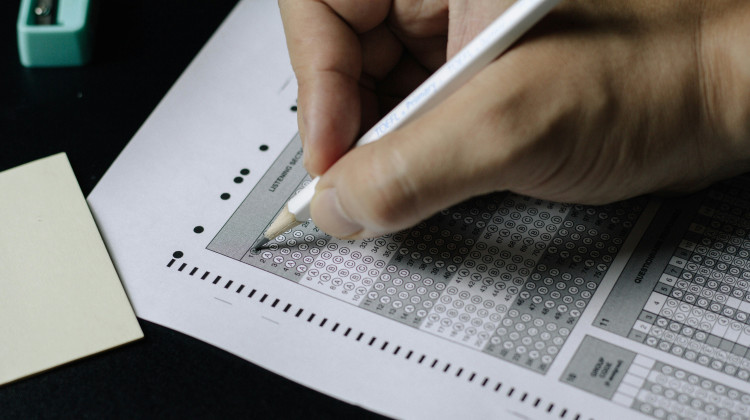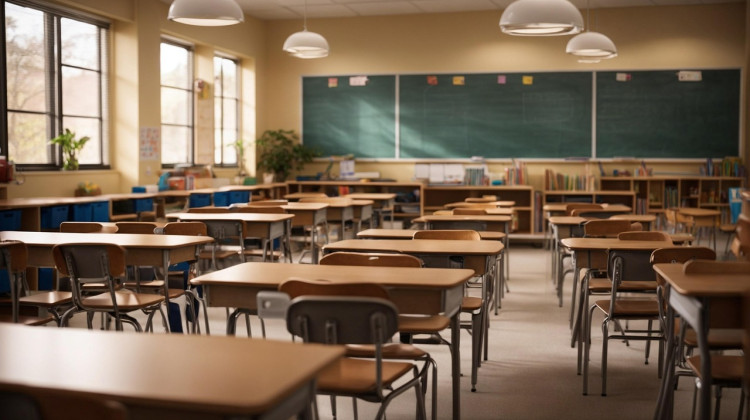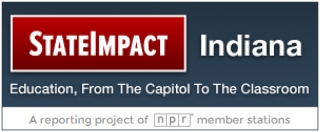
Lilly Endowment Inc. is investing more than $9 million to help school districts improve their counseling programs.
IPBS-RJCLilly Endowment Inc. is investing more than $9 million to help school districts improve their counseling programs. The grants went to 284 school districts and charter schools across the state.
The point of the grants, according to Lilly Endowment, is to make sure Indiana schools are equipped to help students succeed outside of academic areas. School counseling programs vary greatly around the state – some struggle to afford one counselor, while others have a large team focused on student academic and emotional needs.
Lilly Endowment spokesperson Judith Cebula says the grants will enable the more than 200 schools across the state to study their current programs, or lack of one. The goal isn’t to use the money and just hire a counselor, but evaluate how counseling fits into the entire school.
“Really these are planning grants,” Cebula says. “We’re helping schools and school corporations figure out, what is comprehensive counseling? How are we doing? Are we doing it? Are we doing it well? Do we need to try new ideas? Where are our greatest needs.”
Cebula says the grants, which range from $8,000 to $50,000, can be used to hire consultants, travel to other school districts in the state or country to view other counseling models, or conduct research about a current program.
The grants last five years, and Lilly Endowment hopes districts find a way to sustain the program once the funding runs out.
 DONATE
DONATE







 Support WFYI. We can't do it without you.
Support WFYI. We can't do it without you.